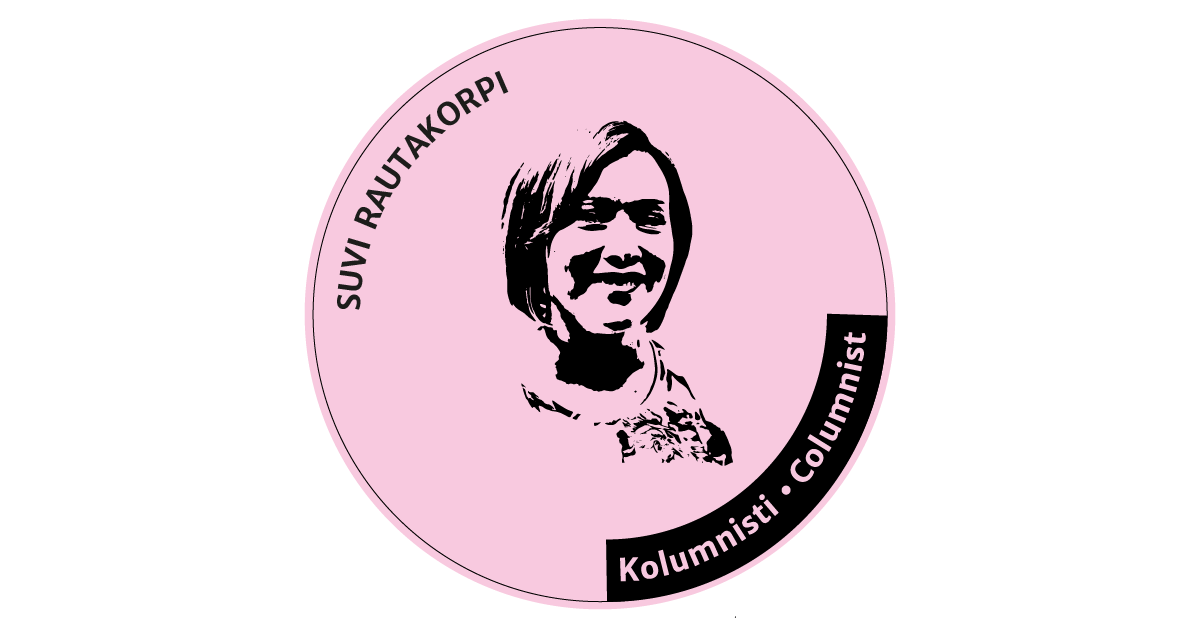
The Finnish Parliament’s Finance Committee criticised the payment blockades that have been proposed to curb the adverse effects of gambling. The Finnish financial sector is also critical of the expensive and inefficient payment blockades, and so are the Ministry of Finance, the National Bureau of Investigation, and the Finnish Institute for Health and Welfare.
The Finnish government has proposed blocking payments to companies whose marketing violates the Finnish Lotteries Act. This mainly means foreign gambling companies.
The financial sector is determined to improve Finns’ financial skills. Gambling problems are without doubt an obstacle to economic well-being and need to be addressed. However, payment blocking just isn’t an effective way to achieve this. On the contrary, blockades are expensive and do not guarantee any results.
In its statement regarding the government’s proposal, the Finance Committee notes that the additional costs caused by payment blocking would have to be paid by all users of payment services. These costs could also reduce banks’ opportunities to develop payment systems in other ways.
Categorising payments in the proposed way would require making fundamental changes to banking systems and the connections between banks’ payment systems and customer registers. Maintaining payment barriers could cost banks several million euros each year – and this is on top of development costs.
The Finance Committee emphasises that blocked payments must not disrupt legitimate payments in any way. With credit transfers, banks do not have the means to distinguish gambling transactions from other payments. Attempting to block gambling payments could therefore obstruct other transactions as well. For example, if a Finnish person works for a foreign gambling company, the blockade could interfere with the payment of their wages.
The Finance Committee also criticises the lack of impact assessment: the government’s proposal does not comprehensively weigh the balance between costs and benefits.
The effectiveness of payment blockades isn’t backed with research evidence, and such blockades would also probably be easy to circumvent. What research does show, however, is that foreign gambling sites are typically used by educated young adults who likely have the ability to evade payment blockades, for example by opening an account or debit card with a foreign bank.
The government’s proposal includes a number of measures to curb gambling problems, and these measures need to be explored more widely. For example, the availability of slot machines is much easier to restrict than gambling sites.
This column was originally published in the letters section of the Kauppalehti magazine.
Looking for more?
Other articles on the topic

How much would the digital euro cost? Initial estimation published

Cash withdrawals fell in the second half of 2024 – Cash usage is unlikely to pick up even if its volume is increased

Cash is not about to disappear – its volume must not be increased without a real need or demand

Is the FIDA proposal worth its cost or a hundred million dud?
